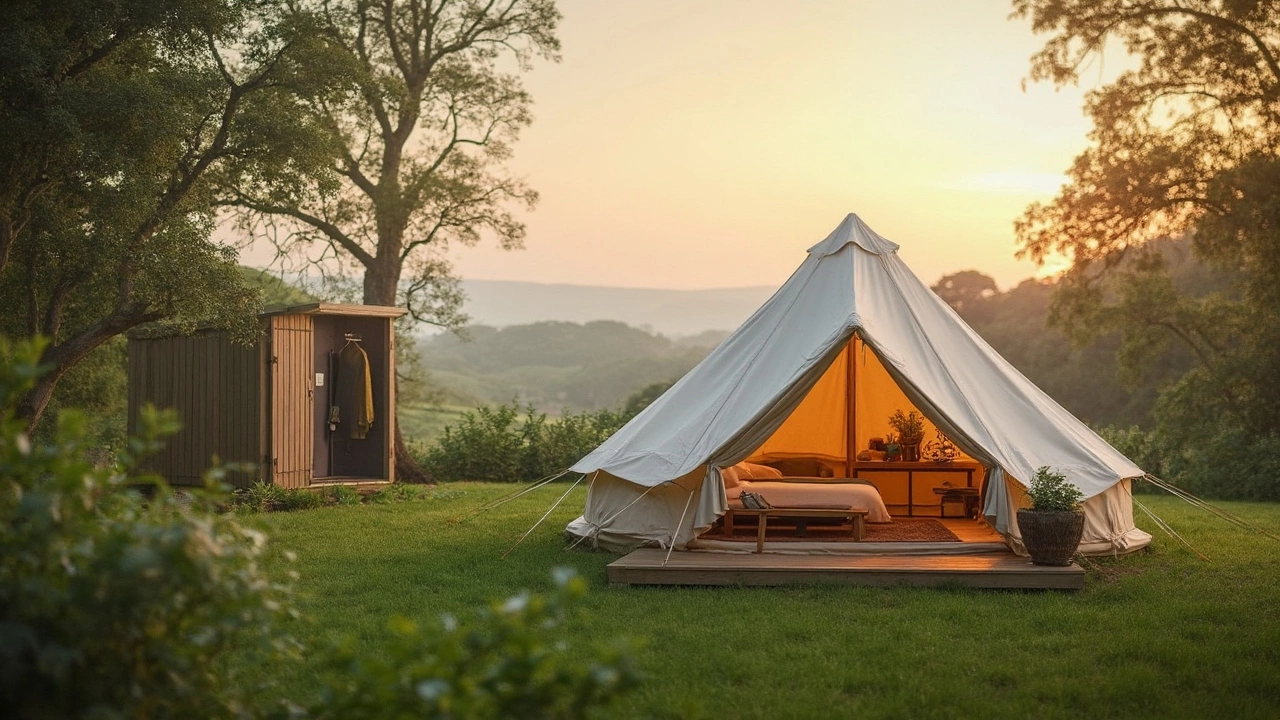Outdoor Accommodations: Where to Stay When You’re on the Road
If you’re travelling in a motorhome or campervan, the first thing on your mind is where to sleep. The good news is there are lots of options that fit different budgets, comfort levels, and legal rules. Below you’ll find the most common types of outdoor accommodations, plus simple tips to keep your night safe and hassle‑free.
Types of Outdoor Accommodations
Campsites. These are the classic spots with a pitch, electric hook‑up, and often a dump station. You’ll find them in national parks, local councils, and private grounds. They charge a nightly fee, but you get basic amenities and a predictable place to park.
Boondocking. Also called wild camping, boondocking means parking off‑grid on public land, a rest area, or a big retailer’s parking lot. The idea is to stay self‑sufficient – you bring your own water, power, and waste solution. It’s free, but you need to be quiet, clean, and ready to move on if asked.
Beach Camping. Sleeping near the waves sounds amazing, and it’s possible at several UK and US beaches. Some beaches allow overnight stays in a pitch or a vehicle, while others only let you set up a tarp a short distance from the water. Check local rules before you arrive – a fine is easier to get than a perfect sunrise.
Stealth Camping. This is the art of staying unnoticed on a quiet road or in a hidden field. It works best when you blend in, keep a low profile, and leave no trace. Remember, stealth camping isn’t legal everywhere, so weigh the risk against the reward.
Car‑Camping in Forests. Some forest sites let you sleep inside your vehicle. The benefit is protection from wind and insects, and you don’t need a tent. Make sure the forest authority allows vehicle overnight stays – many only permit tents.
Tips for Safe and Legal Camping
First, always research the area. A quick search for "[location] camping rules" will tell you if you need a permit, if fire is allowed, and if you can stay overnight.
Second, pack the right gear. A good sleeping pad, a portable fridge, and a reliable power source (like a 12‑volt inverter) keep you comfortable even when you’re off‑grid.
Third, respect the land. Pack out everything you bring in, keep noise low, and stay within any marked boundaries. Leaving a clean site helps keep these spots open for everyone.
Fourth, have a backup plan. If a landowner asks you to move, know the nearest legal campsite or safe pull‑over spot. Having a list of apps or websites that show nearby campsites can save you from a scramble.
Finally, stay safe at night. Lock your doors, set up simple lighting, and keep a fire extinguisher or a bucket of water nearby if you’re using a camp stove.
Whether you prefer a tidy campsite with full facilities or the freedom of a hidden beach, outdoor accommodations give you the flexibility to explore the UK and beyond on your own terms. Use these tips, stay aware of local rules, and you’ll enjoy countless nights under the stars without a hitch.
-
 VIEW POST
VIEW POSTDo Glamping Tents Come with Toilets?
Feb, 9 2025|0 CommentsGlamping combines the best of both worlds: the thrill of the great outdoors and the comforts of home. But do these luxurious tents include toilets, or is nature calling the only option? In this article, we explore the amenities of glamping tents, particularly the restroom situation. Discover if you'll find toilets in glamping tents and learn useful tips on what to expect during your stay.